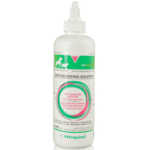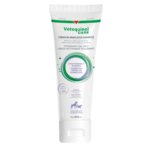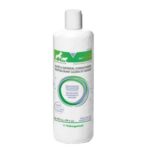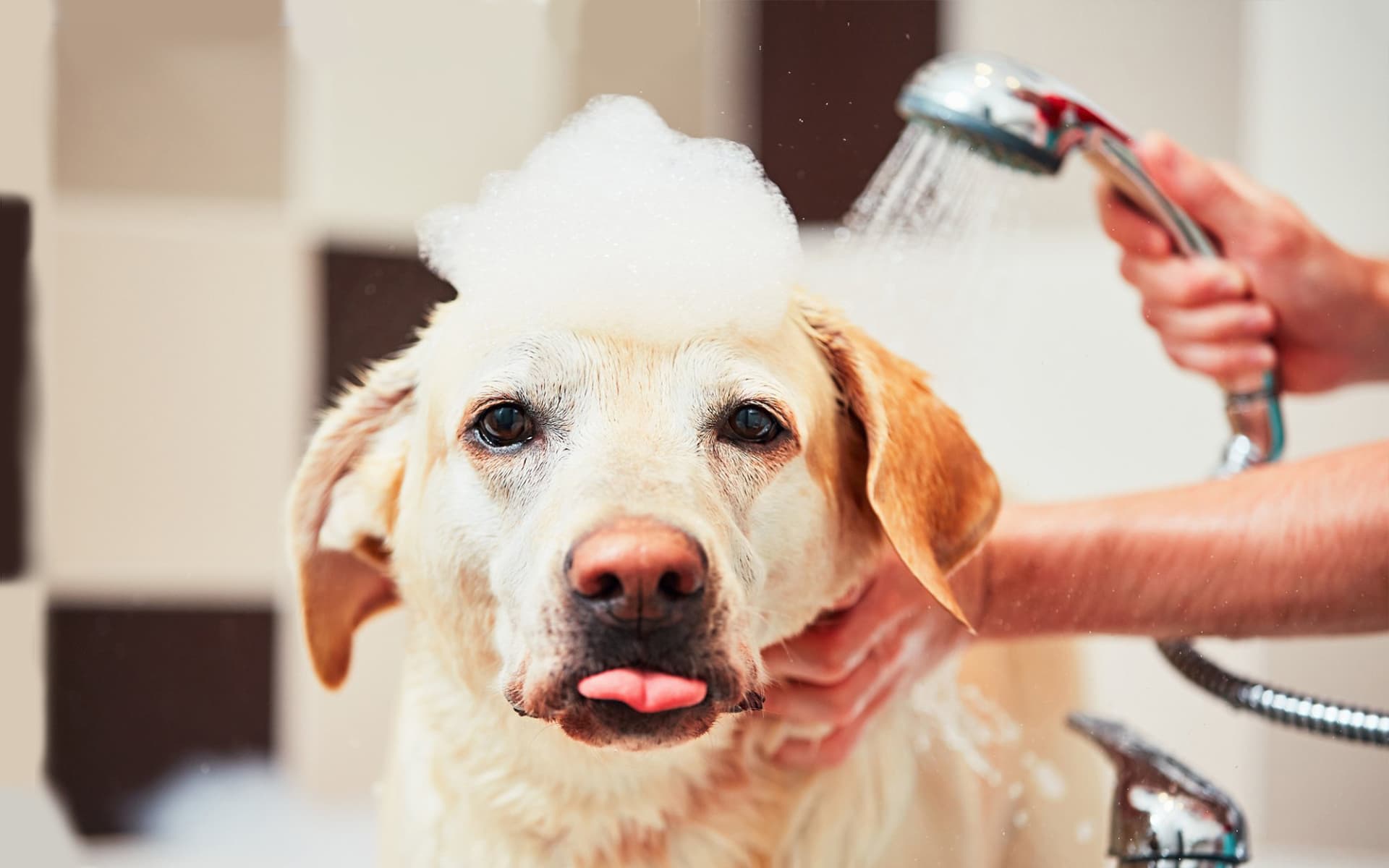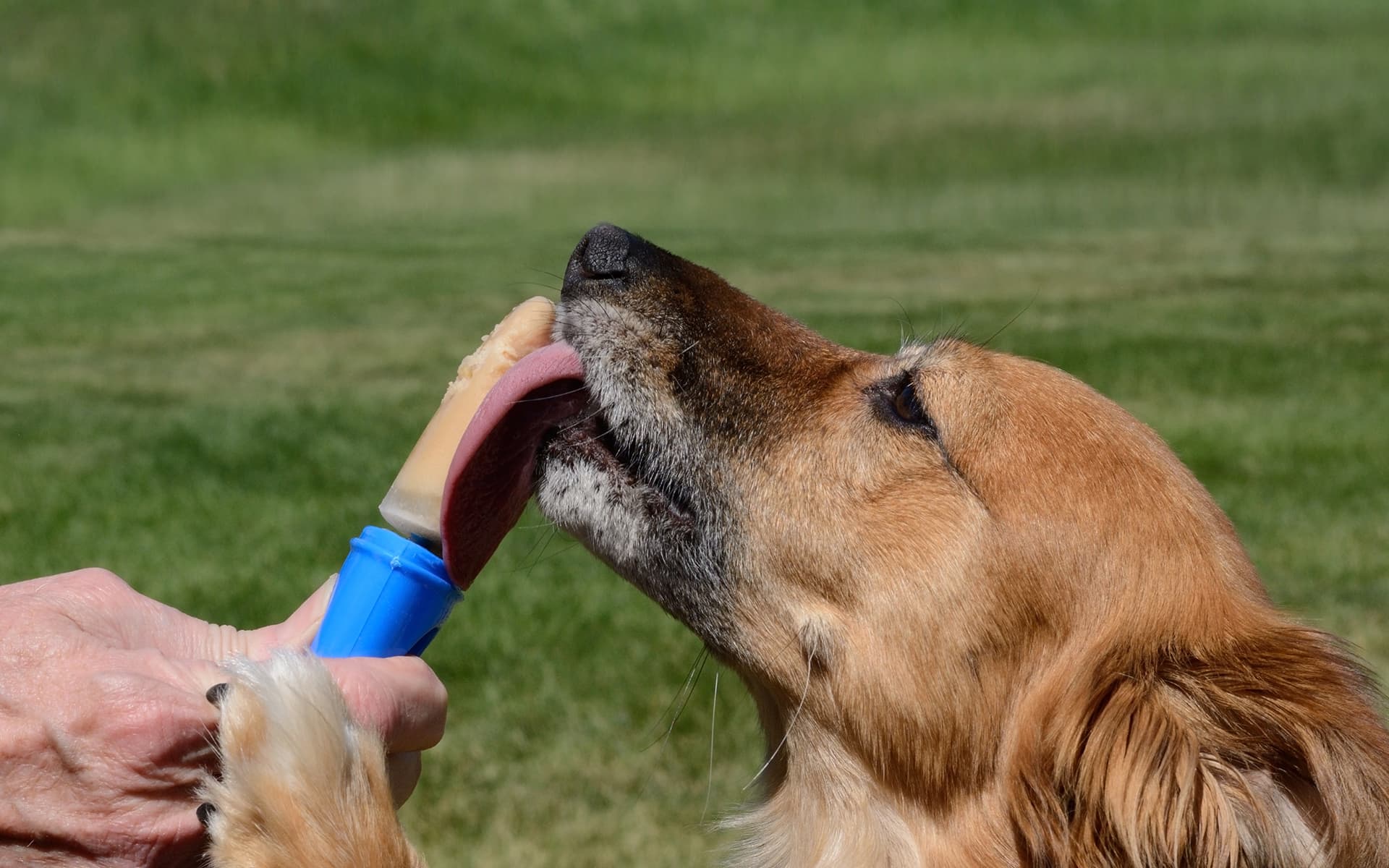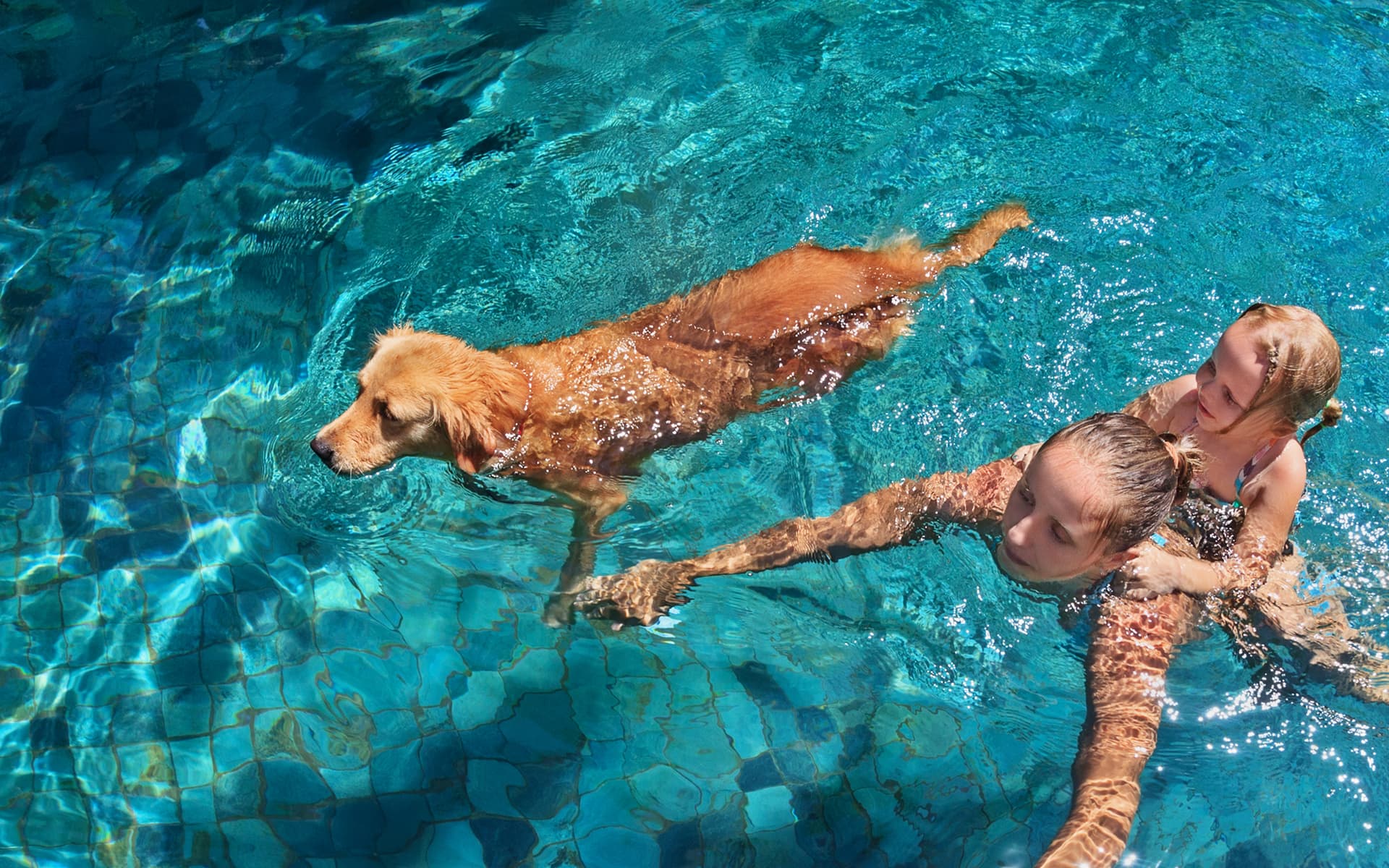Que ce soit sur les pistes de ski ou sur la patinoire, l’hiver offre de nombreuses possibilités de s’amuser. Mais si vous emmenez votre chien avec vous, n’oubliez pas que le froid peut l’affecter de bien des façons.
1. Votre chien n’endure peut-être pas bien le froid.
Ce n’est pas tous les chiens qui sont protégés par un sous-poil dense pour affronter nos hivers canadiens rigoureux. Les races au poil fin ou court seront plus à l’aise en portant une veste isolante en guise de couche supplémentaire. Dans tous les cas, évitez d’exposer votre chien à des températures froides pendant trop longtemps, en veillant à ce que les promenades extérieures et les séances de jeu demeurent brèves.
2. Votre chien peut être mouillé par la neige.
La neige peut coller aux pattes et à la fourrure de votre compagnon jusqu’à ce qu’elle fonde, et peut s’infiltrer jusqu’à la peau de votre chien. Cette humidité intensifie le vent et le froid, et augmente le risque d’engelures. Voilà une autre raison de limiter la durée des activités extérieures. Lorsque vous rentrez, prenez le temps de sécher soigneusement votre chien à l’aide d’une bonne serviette.
3. Les surfaces sont glissantes.
La neige folle et les trottoirs glacés augmentent le risque de chute. Les conséquences peuvent être graves pour un chien âgé souffrant de raideurs aux articulations ou de mobilité réduite. Songez à équiper votre compagnon à quatre pattes de bottes en caoutchouc ; bien qu’elles ne soient pas particulièrement efficaces contre le froid, elles améliorent la traction et peuvent protéger les pattes contre les blessures.
4. Le sel de déneigement peut irriter les pattes de votre chien.
L’épandage de sel rend les balades plus sécuritaires, mais il présente d’autres défis pour votre chien. Les cristaux de sel peuvent se loger entre ses orteils et irriter ses coussinets. Si votre chien se lèche les pattes, s’il se tient les pattes en l’air ou s’il boite après avoir passé du temps à l’extérieur, assurez-vous que ses orteils soient libres de cristaux. En rentrant, rincez ou essuyez bien votre chien, en faisant particulièrement attention à ses pattes.
5. L’antigel est toxique.
L’antigel a une odeur et un goût dangereusement sucrés. Il est également très toxique et son ingestion, même en petite quantité, peut rapidement mettre la vie de votre chien en danger. Lorsque vous manipulez de l’antigel, évitez les éclaboussures que votre chien pourrait être tenté de lécher et nettoyez immédiatement tout dégât. Si vous pensez que votre chien a ingéré de l’antigel, communiquez de toute urgence avec votre clinique vétérinaire.
6. Votre chien peut se perdre plus facilement.
Votre chien se fie à son sens aigu de l’odorat pour détecter les odeurs familières et s’orienter. En hiver, ces odeurs peuvent être emprisonnées sous la neige et la glace. L’air sec de l’hiver est également moins efficace pour transporter les odeurs. Sans ces repères, votre chien peut avoir plus de mal à retrouver son chemin. Lorsque vous sortez, tenez-le en laisse ou gardez-le dans un lieu clôturé.
7. L’hiver peut irriter la peau de votre chien.
Lorsque l’air est sec en raison d’une faible humidité et du chauffage intérieur, la peau de votre chien peut devenir elle aussi sèche, craquelée et sensible. Demandez à votre vétérinaire si un supplément alimentaire contenant des acides gras oméga-3, pourrait aider la peau et le pelage de votre chien pendant les mois les plus froids.
8. Les besoins alimentaires de votre chien peuvent changer.
Votre chien peut dépenser plus d’énergie que d’habitude pour se réchauffer, ou au contraire, passer plus de temps à l’intérieur et être beaucoup moins actif. Discutez de ces changements d’habitudes avec le personnel de votre clinique vétérinaire afin de déterminer si le régime alimentaire de votre chien doit être adapté pour prévenir la perte de poids ou l’obésité.


